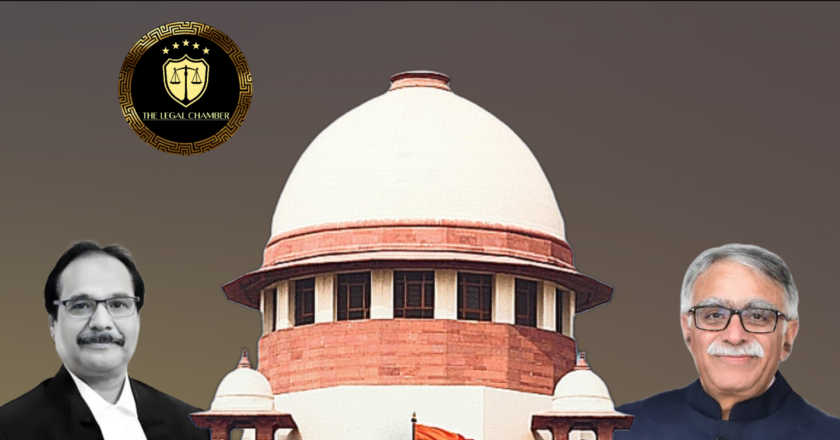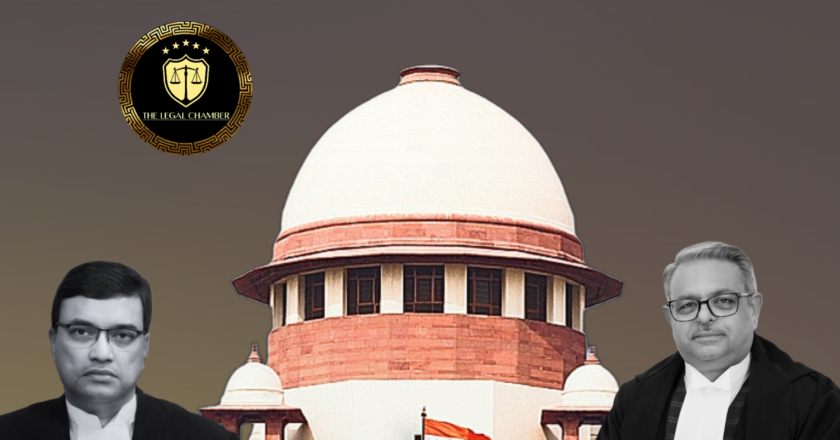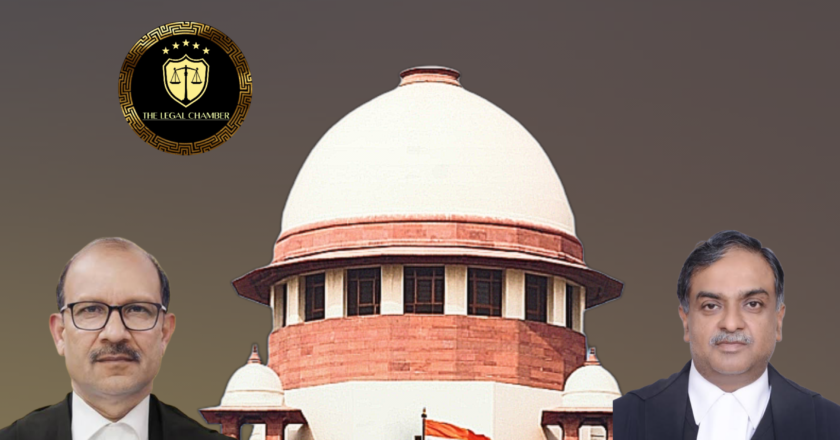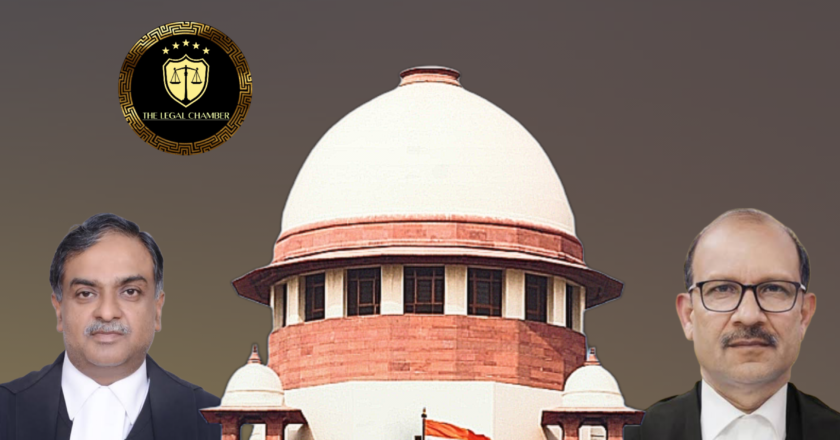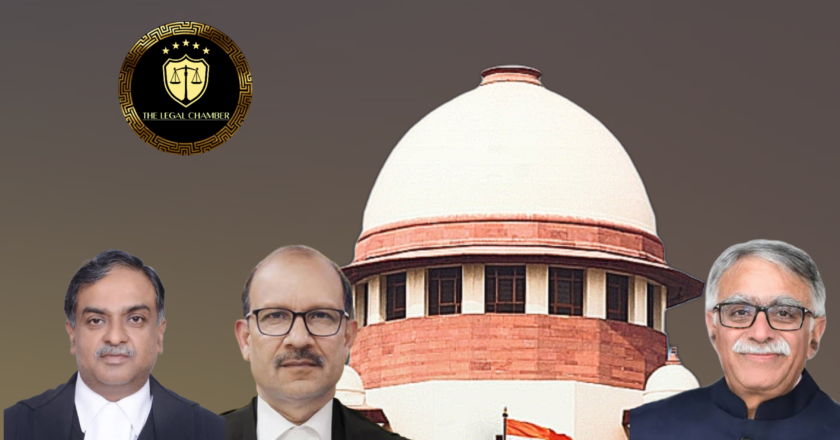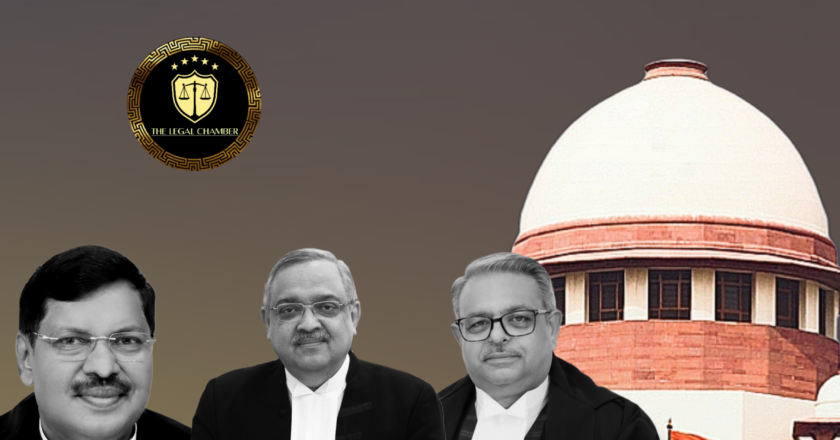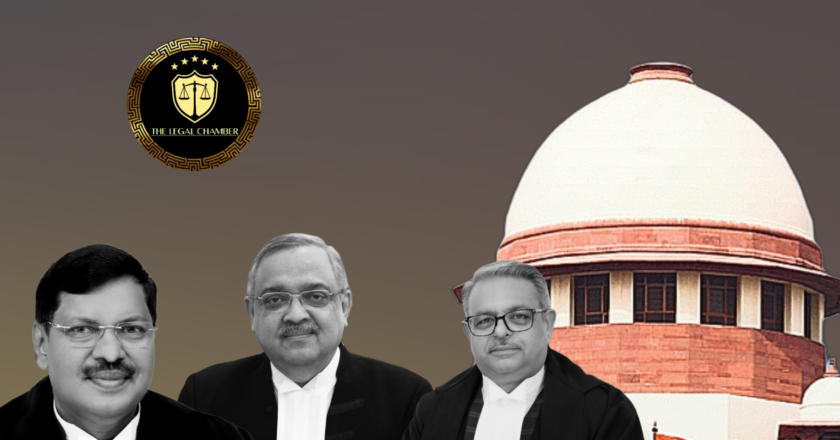Justice Delayed is Justice Denied: Supreme Court Orders Strict Timelines for Pronouncing Judgments
This Supreme Court judgment reiterates the legal imperative for timely pronouncement of reserved judgments to uphold the right to speedy justice. The Supreme Court directed all High Courts to strictly adhere to the guidelines established in Anil Rai v. State of Bihar, mandating a monitoring mechanism by the Registrar General and the Chief Justice to ensure judgments are delivered within three months of being reserved.
Facts Of The Case:
The appellant, the de-facto complainant in the case, challenged interim orders from the High Court of Judicature at Allahabad concerning a long-pending criminal appeal filed by respondent no. 2 in 2008. The core grievance was the inordinate delay in the High Court's disposal of this criminal appeal. The appeal had initially been heard at length by a Div...
